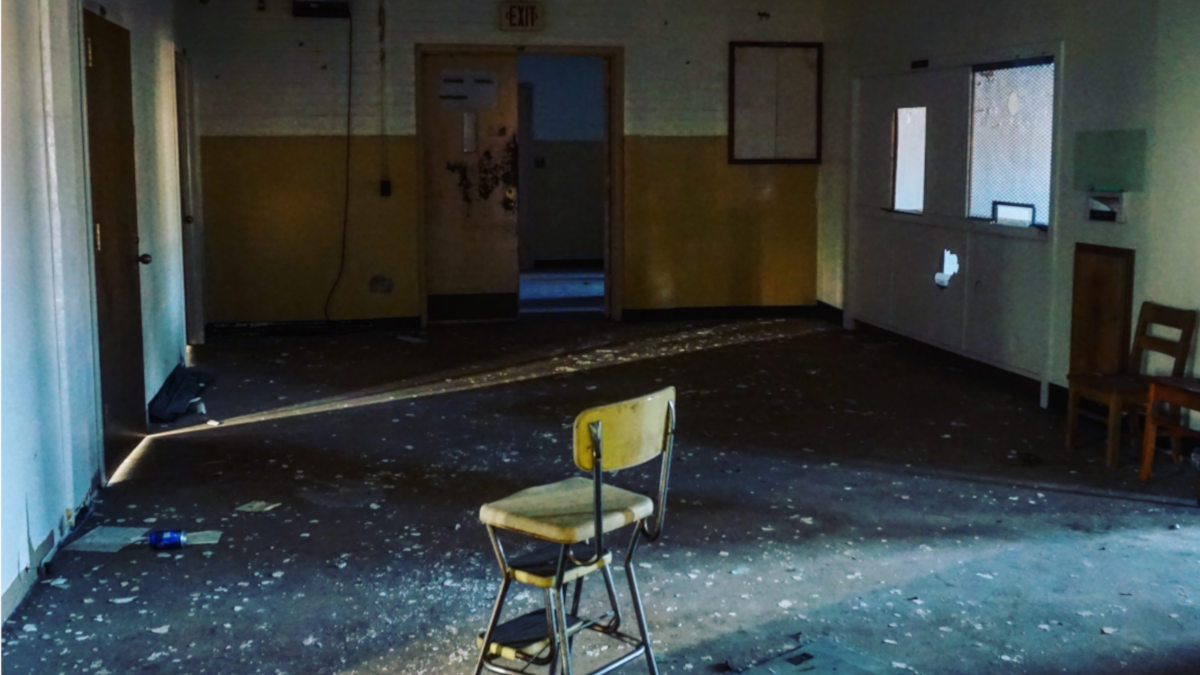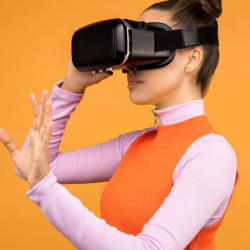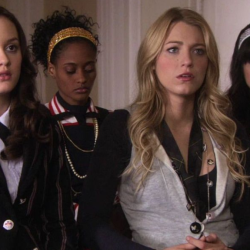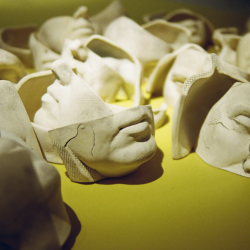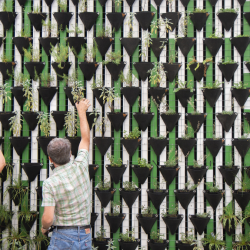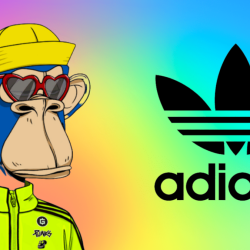In a world where we’ve seen the rise of Web3, the blockchain revolution, and the creator economy, one might wonder: are we, as a society, truly fit for purpose? From the almond milk latte you sip (because, let’s face it, cow’s milk is so 2010) to the decentralised finance app you’re using to invest in digital alpacas, are we on the right track? Or are we just on a ‘track’?
The consumption conundrum
Let’s start with consumption. We’ve moved from physical to digital, from ownership to access. Vinyl records became MP3s, which then became Spotify playlists. Books became eBooks, which then became… well, still eBooks, but you get the point. Is this shift making our lives richer or just more cluttered with ephemeral digital assets? And if my digital art gets more likes than your vacation photo, does that make me a better human? (Hint: no, but it might make me a tad more smug.)
Lifestyles in limbo: the modern paradox
The digital age has transformed our work-life balance, morphing the traditional 9-to-5 routine into a relentless 24/7 hustle, especially within the creator economy. As individuals, we’ve evolved from mere employees to personal brands, with our unique narratives serving as our selling points in this vast digital marketplace.
However, this shift presents a conundrum: in a world where everyone is a brand, broadcasting their stories and seeking influence, who remains to listen and be influenced? The lines between creator and consumer, influencer and audience, have blurred, challenging us to redefine our roles in this ever-evolving digital landscape.
The radical rethink
Now, to the meatier bit: Do we need a radical rethink of everything? Well, if by ‘everything’ you mean reevaluating our priorities, then yes. If you mean tossing out your smartphone for a carrier pigeon, perhaps not. The truth is, while the allure of a complete overhaul is tempting (and makes for a fantastic headline), effective change is often more nuanced.
Web3 and blockchain, for instance, aren’t just tech buzzwords. They represent a shift towards decentralisation and democratisation. They challenge traditional power structures and offer a new way of thinking about value, ownership, and trust.
But they’re not without their pitfalls. For every promise of a decentralized utopia, there’s a cautionary tale of crypto volatility or NFT scams.
The greatest danger for most of us is not that our aim is too high and we miss it, but that it is too low and we reach it.
Michelangelo
Incremental vs. overhaul
Is effective change only ever incremental? History has shown us that revolutions, while impactful, can be messy. The printing press, the Industrial Revolution, and the internet — all brought profound change, but not without disruption and growing pains.
In the realm of Web3 and the creator economy, we’re in the thick of such a revolution. But revolutions don’t negate the need for incremental improvements. They coexist. While we build decentralized platforms, we must also refine user experiences, address security concerns, and ensure inclusivity.
The human element
Amidst all this tech talk, let’s not forget the human element. Are humans doing anything right? Of course, we are! We’re adaptable, innovative, and resilient. We’ve created communities in virtual worlds, championed sustainability in the face of climate change, and made banana bread go viral during a global pandemic. If that’s not winning, I don’t know what is.
A warm embrace of the future
So, as we stand at the crossroads of the present and the future, sipping our oat milk lattes (because almond is so last season) and pondering our place in the digital cosmos, let’s take a moment to appreciate the journey. We might not have all the answers, but we’re asking the right questions.
And in this ever-evolving landscape, that’s half the battle.
To the creators, the innovators, the blockchain enthusiasts, and even those still clinging to their vinyl records — here’s to you. Let’s build a future that’s not just fit for purpose, but one that fits us all.
Cheers!
Featured image: Blogging Guide / Unsplash




















